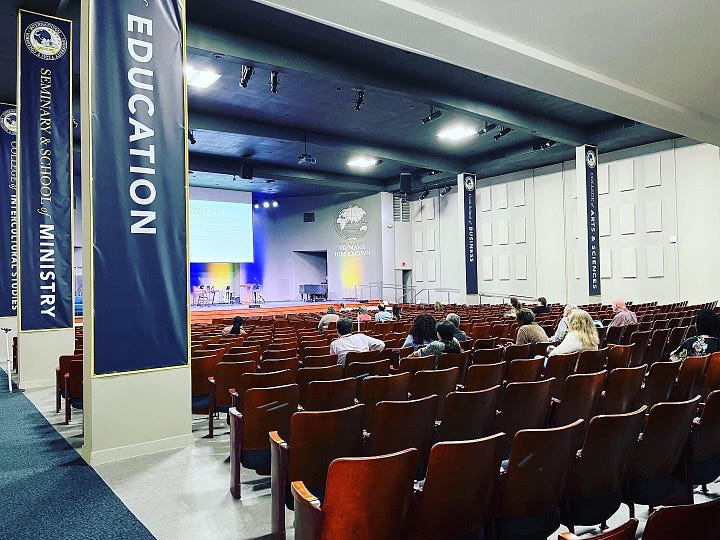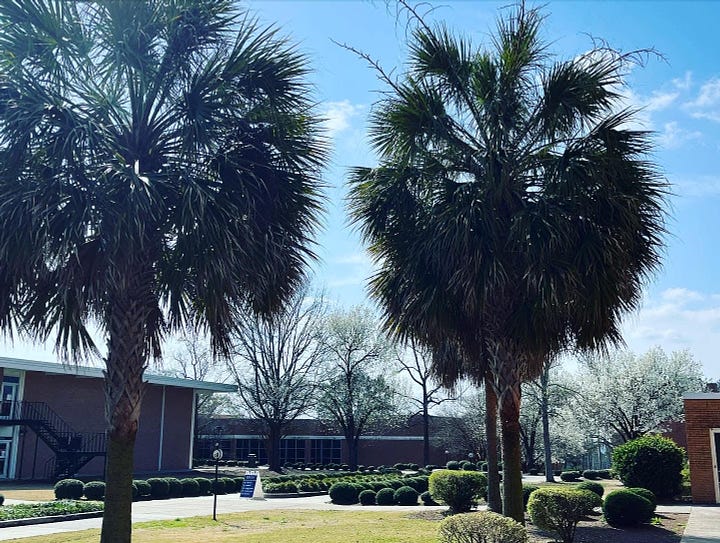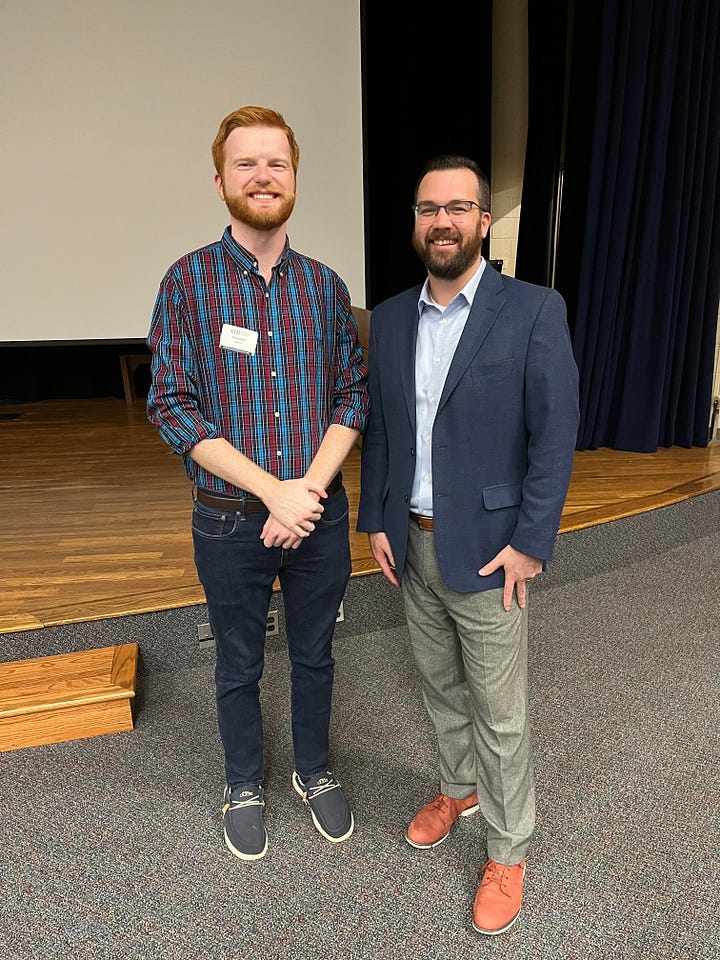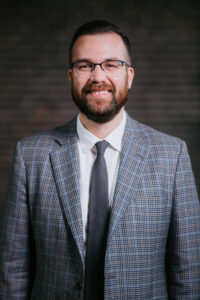
On the Promise of Systematic Theology
I just returned from Columbia International University in South Carolina where I gave three plenary addresses for the ETS regional meeting. As many have experienced, flying these days is exhausting. Both on the way there and the way back I had to be rerouted to another airline after hours of delays. And yet, sitting in the airport gave me time for reflection. I left the conference with a surprising sense of encouragement.
A
The terrain of these lectures as well as the Q&A at the banquet gave way to an adventure. We explored everything from the metaphysics behind God’s simplicity and aseity to the necessity of humility in prolegomena, from the five causes of theology to the vision of God as the hope for holiness in the church. Many made appearances, from the apostle John to the apostle Paul, from Augustine to John Owen, from Thomas Aquinas to John Webster. I assumed—shame on me—that only the systematic theologians would be interested. But conversation after conversation proved me mistaken. Perhaps we are at a turning point, slowly moving past territorial divisions in disciplines so that everyone may collaborate for the sake of appropriating the treasures systematics has to offer. Click To TweetFor example, many biblical scholars (OT, NT, biblical theology) wanted to know more about metaphysics, curious how it might help them understand those good and necessary consequences they have observed in the biblical text. (Those with a foot in the world of hermeneutics were especially inquisitive.) Furthermore, their honest eagerness transcended denominational lines. Anglicans and Baptists, L
Yes, I am writing a systematic theology for students of theology, but these conversations gave me hope for broader horizons. Perhaps we are at a turning point, slowly moving past territorial divisions in disciplines so that everyone may collaborate for the sake of appropriating the treasures systematics has to offer. My weakness is my pessimism, but this weekend was a needed admonition, helping me anticipate what the future might bring.
I
Lord, high and holy, meek and lowly,
Thou has brought me to the valley of vision,
where I live in the depths but see thee in the heights;
hemmed in by mountains of sin I behold thy glory.
Let me learn by paradox … that the valley is the place of vision.
Until then, other updates that continue to push my systematic down the line:
- I’ve engaged several theologians on the Credo podcast since I last wrote, including Bruce Gordon on Zwingli, Thomas Joseph White on modern vs. classical trinitarianism, Michael Ward on C.S. Lewis and natural law, Philip Ryken on the joyful Calvinism of James Montgomery Boyce, and Ryan McGraw on Reformed Scholasticism.
- Credo Magazine released its latest issue, The Beatific Vision, with contributions by Hans Boersma, Adonis Vidu, Suzanne McDonald, and many more.
- I’ve turned in my final edits for my forthcoming The Reformation as Renewal: Retrieving the One, Holy, Catholic, and Apostolic Church. Zondervan Academic now has the 950 page volume for pre-sale on Amazon. Come one, come all.
- We’ve booked Carl Trueman for the inaugural lecture of The Center for Classical Theology this November in San Antonio, TX. His talk is tentatively titled, “Why we need classical theology now more than ever.” If you’re going to ETS, register and come join us the evening before. This will be a special night with Q&A afterwards.
- Next week, PhD students will gather for my Philosophical Theology seminar. I am especially intrigued to have a Socratic dialogue over Wippel’s The Metaphysical Thought of Thomas Aquinas, though I’m also eager to discuss Boethius’s Consolation of Philosophy (the subject of happiness will make an appearing in the opening chapter of my systematic but also inform my later chapter on virtue).
I’m Matthew Barrett. Until next time, do explore Credo Magazine, and get to know other theologians on the Credo Podcast. I hope to see you at the annual lecture for the Center of Classical Theology in November, the evening before ETS. Registration is open and spots are limited.
This article originally appeared on Anselm House, Matthew Barrett’s newsletter. Subscribe today.

